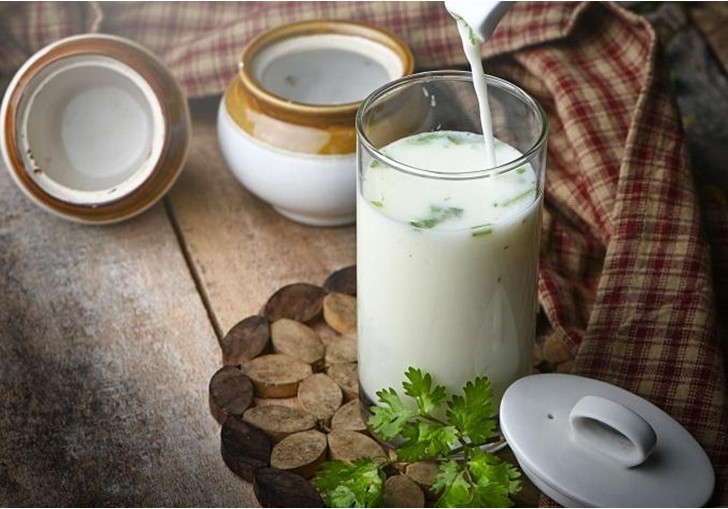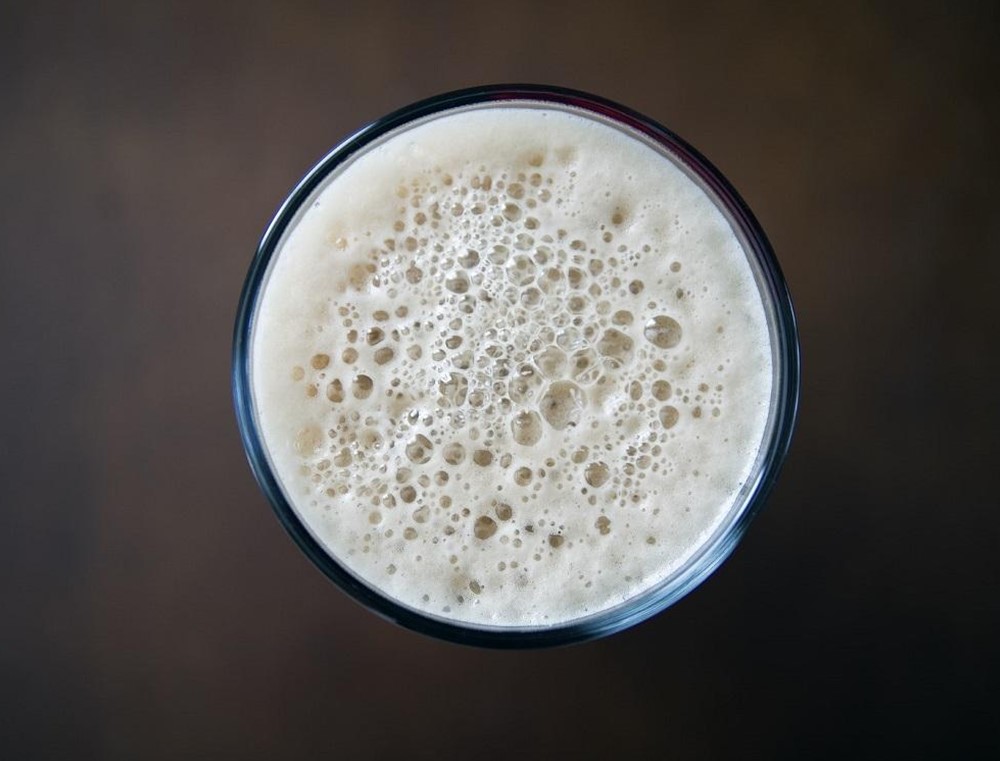In the United States, the Food and Drug Administration (FDA) has banned raw or unpasteurized milk in many states due to the threat it seemingly poses to our health. Despite this, some families still buy and consume this ‘contraband’ raw milk, especially for younger infants and young adults.
In the United States, around 1% of all food-borne illnesses are caused by dairy items according to www.realrawmilkfacts.com. Between 1993 and 2006, of the 4,413 cases of dairy-related illnesses recorded, 70% of them were a direct result of raw milk or cheese which can contain microorganisms like salmonella and E. coli.

unsplash/Kris Sevinc. Dairy products and milk are packed with nutrients.
Despite this, some people swear by raw, unpasteurized milk due to its old-school, unprocessed appeal and health benefits while others continue to warn the masses about the dangers posed by raw milk. Compared to its processed counterpart, raw milk supposedly has more minerals, vitamins, amino acids, fatty acids, and naturally-occurring antimicrobials.
Additionally, some people have claimed that unprocessed milk is recommended for people who are lactose intolerant, have autoimmune diseases, or suffer from asthma. Official studies, however, have found that the process of pasteurizing milk does not significantly reduce minerals, vitamins, or fats.
Drinking Raw Milk
Although the number of people who contract foodborne illnesses due to dairy products is considerably less in comparison to other foods, the number is still significant enough to not be ignored.

unsplash/Yusuf Yassir. Cows that are pasture-raised or grass-fed produce the most eco-friendly and healthy milk.
According to data and statistics presented by Healthline, between 1993 and 2006, 82% of the illnesses caused by milk were due to the consumption of raw milk. During this period, there were 4.413 cases of illnesses linked with dairy, 60% of which were a result of raw dairy.
Dangers of Raw Milk
In most cases, people who contract an illness from bacteria from raw milk like E. coli, Salmonella, Campylobacter, and Listeria make a successful recovery within a few days. In some more severe cases, however, these illnesses can be life-threatening.
Bacteria like Listeria can not only pose a health risk for expecting mothers but also their unborn babies. This is why pregnant women are advised to cut raw dairy products from their diet altogether.

unsplash/Mario Raj. Calcium in milk helps grow your bones and keeps them strong.
The Bottom Line
According to the FDA, raw or unpasteurized milk poses a ‘significant health risk.’ This does beg the question—if there is not a significant difference in the nutritional and vitamin/mineral content between raw and processed milk, why not just stick with the latter for a win-win situation?





